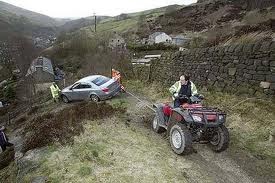Ah, the sun. The sanguine azure sky. The wobbly flesh celebrating its freedom, rippling joyfully in the sparkling light. Yes, the summer has finally arrived. Gone are the festering frowns brought on by rain and the grey. Gone are the umbrellas battling through sodden crowds. Gone is the inane talk of a hosepipe ban and floods. All melted away by the first rays of a mischievous sun, toying with our reignited happiness. He could disappear again at any moment, taking with him the contented cover airily thrown over the UK.
With a typically British rush the hoards fill the streets, squares, greens and parks of London, to recline and stretch and rest and play. Some cascade out of the restaurants and bars onto the heat-baked pavements, the unbridled hum of friends dispersing vivaciously into the clear sky, like a bumble bee lazily drifting from plant to plant, filling the air with its cheerful buzz. The sharp chinking of bottles clash with the hazy mood, adding a celebratory edge to the lulling atmosphere. A young woman rests in the enclave of an embracing man, her placid gaze reflecting the comfort of the day, his cheek resting softly against her hair, a strand of which is lifted by a caressing breeze to tickle the tip of his nose. A sudden jerk away; his cheek removed, the embrace broken so that he can tend to the tickle. A breaking of the peace, the wind sauntering off, sassily glancing back at the minor disturbance she’d caused and then back on her way to find another unsuspecting couple.



